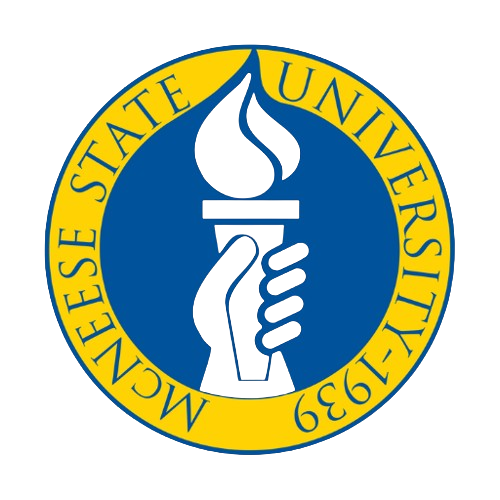Dalhousie University offers a Master's degree program in Chemical Engineering. Here is a generalized example of a potential curriculum for the Master of Applied Science (MASc) program in Chemical Engineering at Dalhousie University:
Core Courses:
Advanced Transport Phenomena
Advanced Chemical Reaction Engineering
Process Control and Optimization
Advanced Thermodynamics
Separation Processes
Process Safety and Risk Assessment
Research Methods in Chemical Engineering
Specialization Courses:
Elective Courses (related to research interests)
Thesis Research:
Thesis Proposal
Thesis Research and Writing
The curriculum is designed to provide students with advanced knowledge and skills in chemical engineering principles and their applications. The core courses cover topics such as transport phenomena, chemical reaction engineering, process control, thermodynamics, separation processes, and process safety.
Students have the opportunity to specialize in specific areas of interest through elective courses. These courses can be chosen based on the student's research interests and career goals, and they may cover topics such as advanced materials, environmental engineering, bioprocess engineering, or energy systems.
The thesis research component is a significant part of the program, where students work closely with a faculty advisor to conduct original research in a specific area of chemical engineering. This research culminates in the completion of a thesis, which involves proposal development, conducting experiments or simulations, analyzing data, and writing a comprehensive research report.
Please note that the specific courses, curriculum structure, and research opportunities may vary depending on the faculty and research projects available at Dalhousie University. It's recommended to visit the official Dalhousie University website or contact the institution directly for the most up-to-date and detailed information on the Master's program in Chemical Engineering.
Show less















